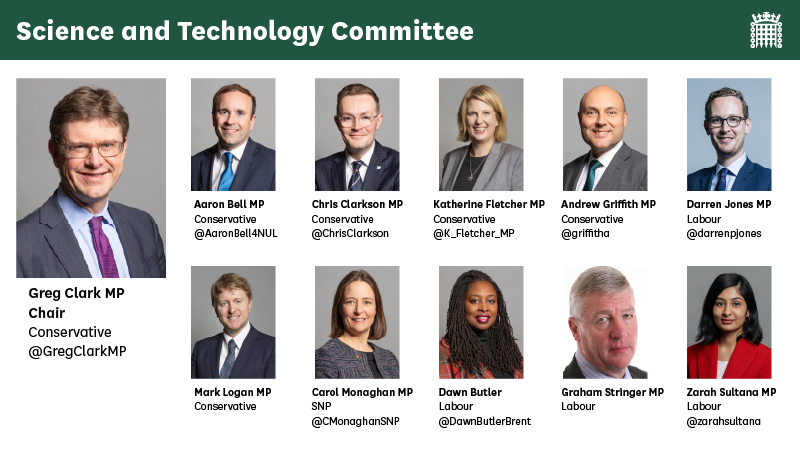The covid-19 pandemic:
How has the Government received and applied scientific advice?
We look at lessons to learn from
the coronavirus pandemic so far
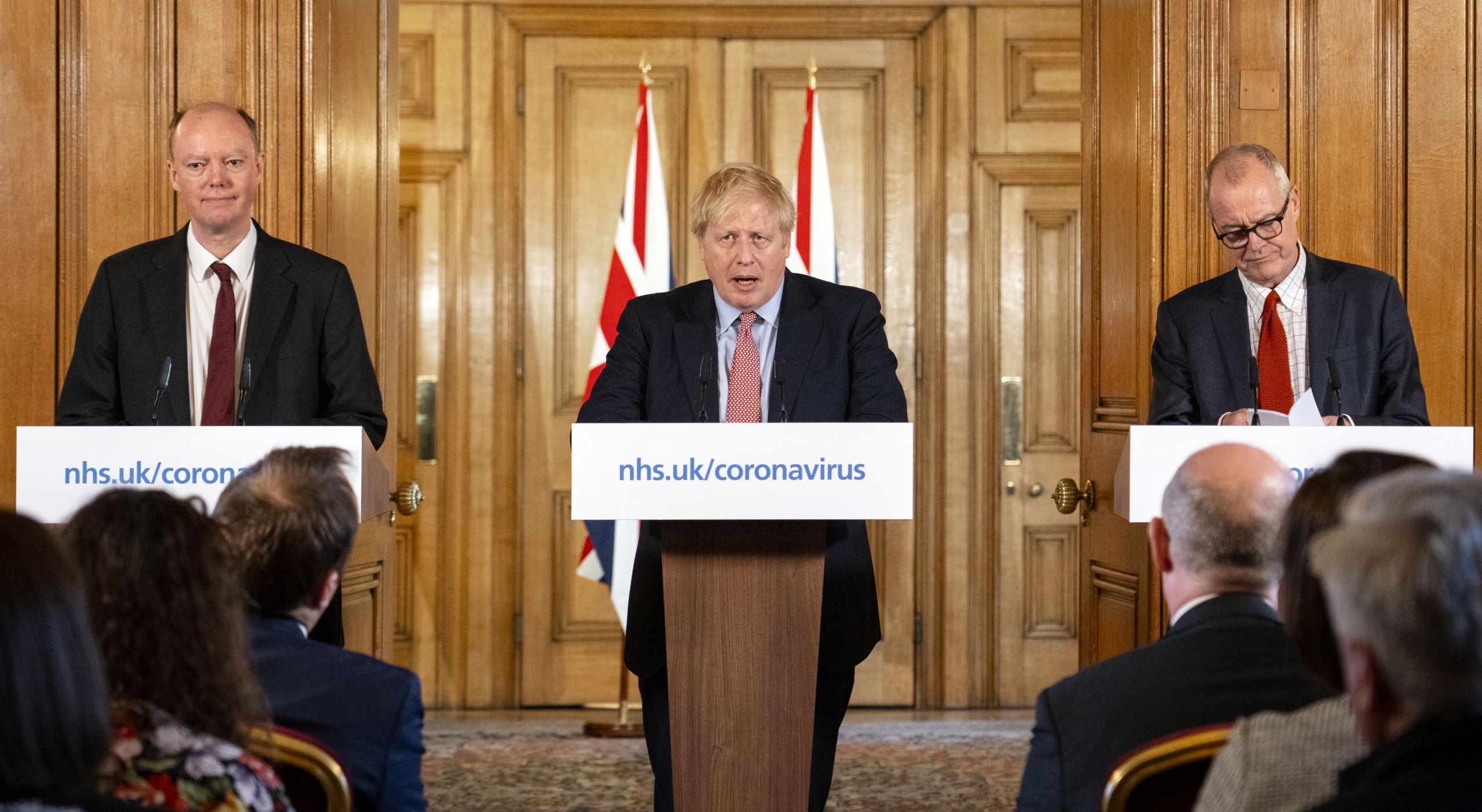
The emergence of a new virus previously unseen in humans was first reported in the city of Wuhan in China on 31 December 2019.
On 30 January 2020, the WHO declared the coronavirus outbreak a ‘Public Health Emergency of International Concern’. The next day, the first two cases of covid-19 were confirmed in the UK. The first death from covid-19 in England was announced on 5 March.
Throughout the pandemic, the Government has drawn on scientific advice to respond to the crisis.
How does scientific evidence and advice help guide the management of disease outbreaks? Did the UK's system for science advice help the Government make effective decisions during the first ten months of the pandemic?
We, MPs on the House of Commons Science and Technology Committee, wanted to know more, so we launched an inquiry in March. This is what we heard.
Science in a pandemic

The covid-19 outbreak is the latest in a number of disease outbreaks that have spread internationally, presenting major challenges to communities, national governments and international institutions. Scientific knowledge and advice are key to the understanding, prevention, and management of outbreaks of new diseases.
We knew that investigating the issue during a fast-moving, live emergency scenario would be difficult. Nevertheless, we thought it was important to:
- find lessons that could be applied right away
- ensure there was a public record of decisions made throughout the pandemic
Between March and November, we spoke to over 50 people and received over 100 written responses to questions we had about the coronavirus and disease outbreaks in general.
Three issues from
the pandemic so far
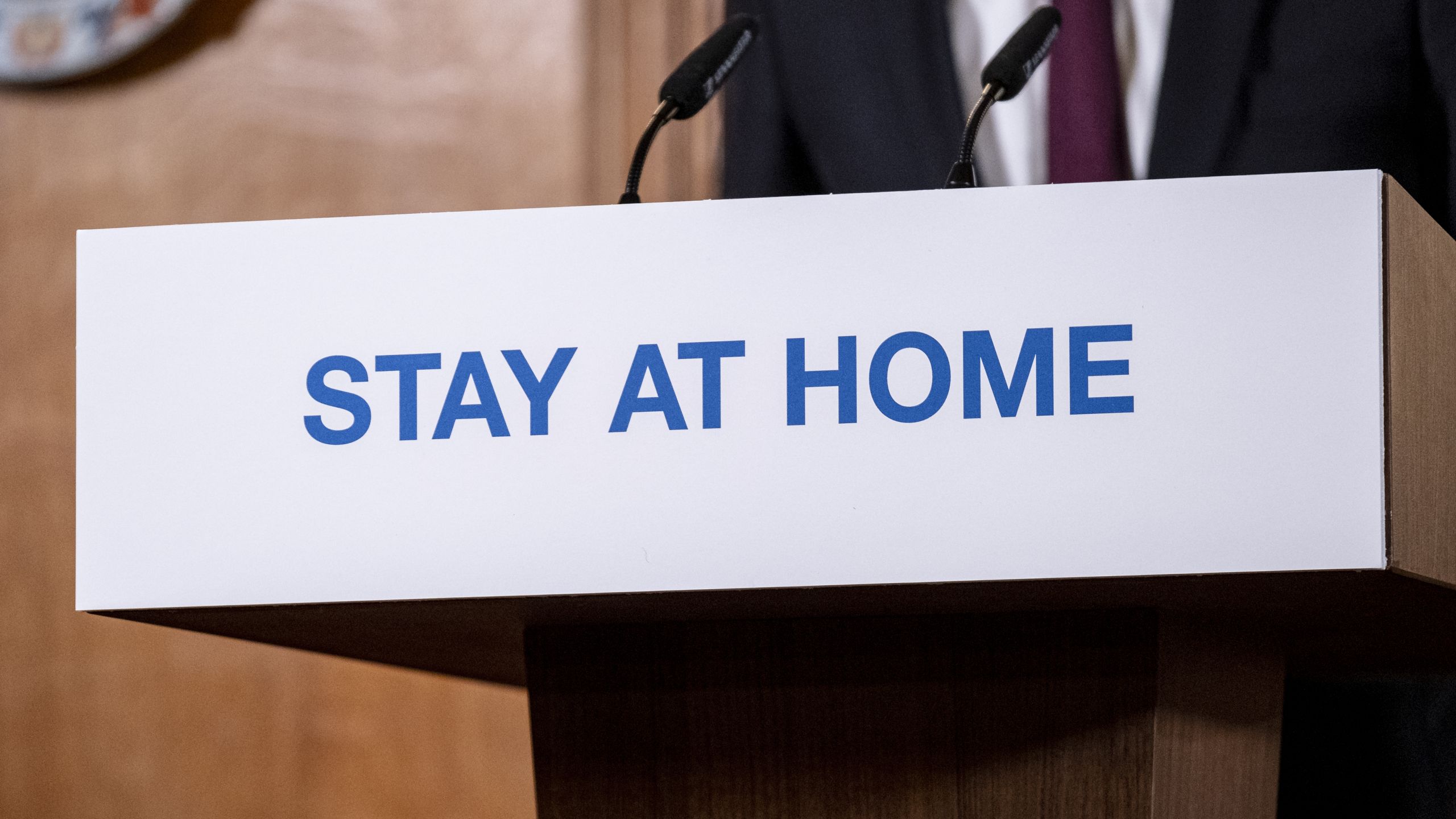
1. The future of science advice to Government
The UK Government has a system set up for giving science advice to Government leaders, officials, and departments during emergency scenarios.
The Scientific Advisory Group for Emergencies (SAGE) is a group that comes together in times of crisis to provide advice to Government. It is made up of different independent experts according to the issue at hand. The covid-19 pandemic is the ninth time the group has come together. Since it started in 2009, this is the longest period the group has been activated for.
We heard that Northern Ireland, Scotland and Wales also have their own scientific advisory groups which complement the work of SAGE. While some of our report applies to the UK as a whole, most of it is specific to decisions by the UK Government and public bodies in England.
On 1 June 2020, the Government created the Joint Biosecurity Centre (JBC) in the Department of Health and Social Care, supporting SAGE with "operational capability, including data analysis and epidemiological expertise".
The long-term plan for how SAGE, and new bodies like the JBC, will give science advice to the Government is unclear.
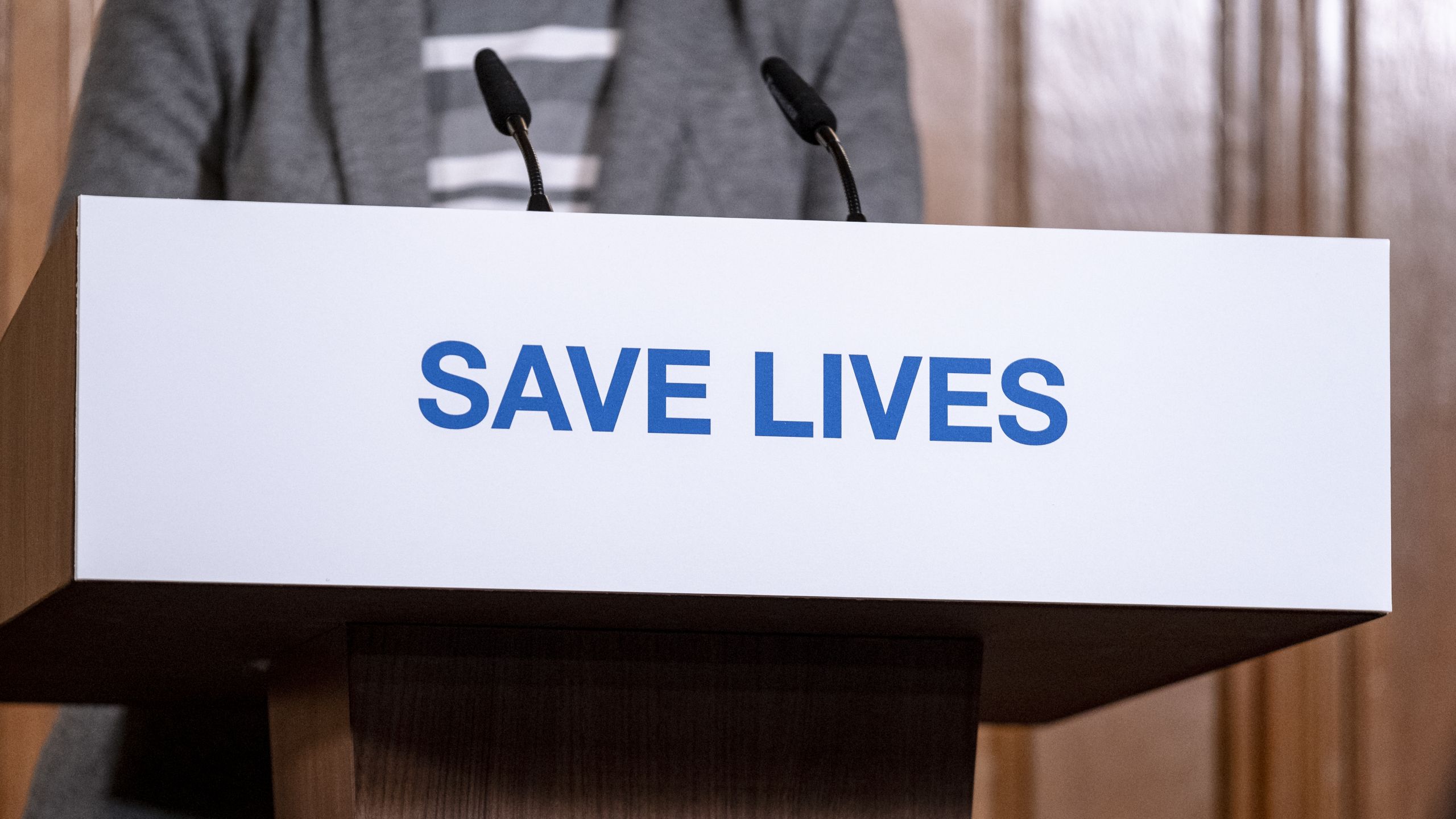
2. Limited access to data
Data is key to our understanding of the pandemic, and has been an important part of the decisions made by the Government. However, we heard from the Government Chief Scientific Adviser that in the first few weeks of the pandemic "it was difficult for SAGE to accurately assess the state and trajectory of the outbreak at that time due to lack of data".
At possibly the most crucial point of managing the pandemic, experts only gained access to public health data from 6 March. Many people wrote to us with concerns around data gathering, access, and sharing.
We heard that the creation of the Joint Biosecurity Centre was an extremely positive move towards enabling better data sharing, although this body has only been in operation since June.
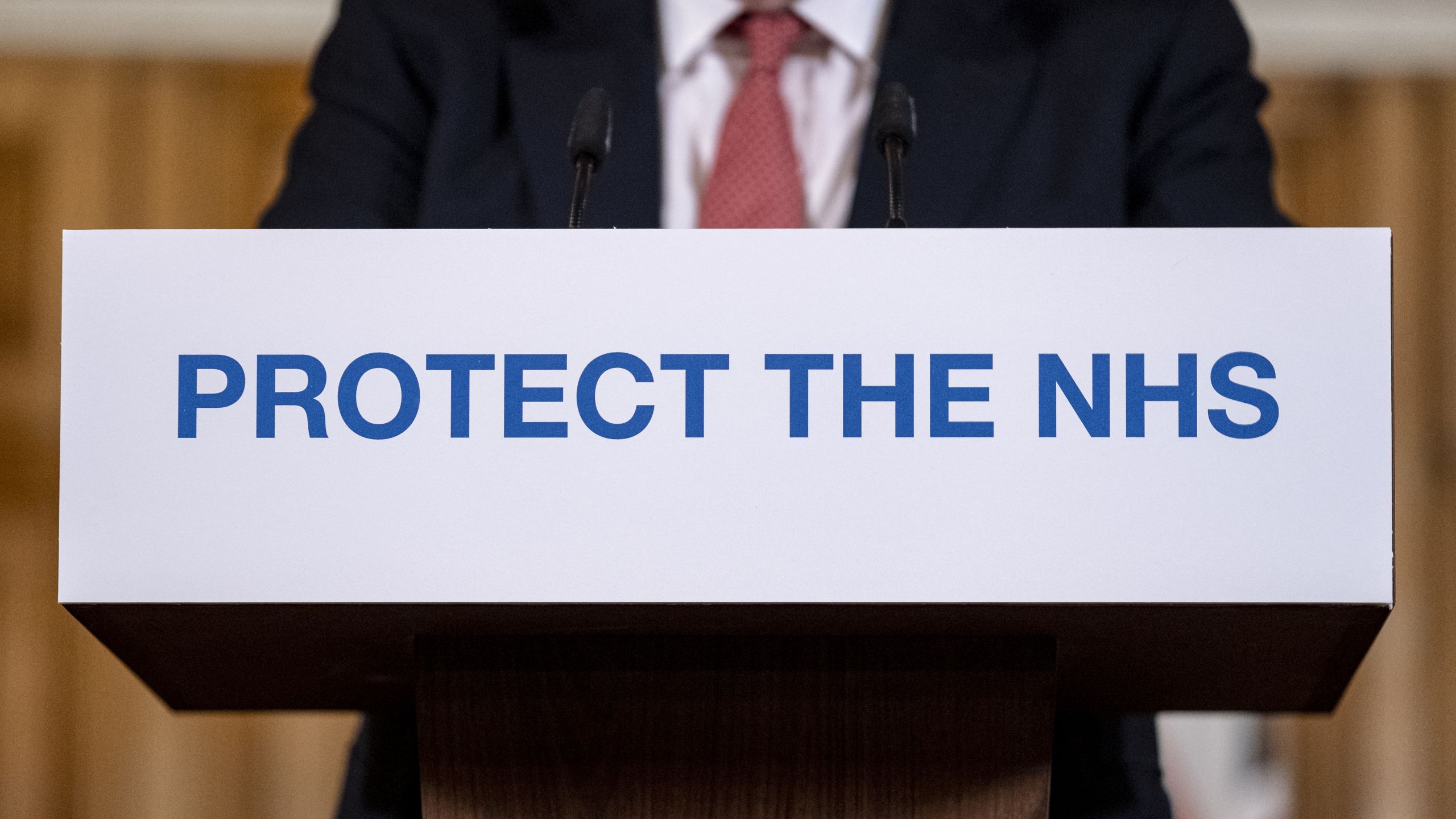
3. An initial lack of transparency
The scientists advising Government have been front and centre during the pandemic. Government Chief Scientific Adviser Sir Patrick Vallance and Chief Medical Officer Professor Chris Whitty are a regular presence at coronavirus briefings.
However, at the time of important early decisions about how to approach the pandemic, the scientific evidence the Government was receiving—and who exactly was giving advice—was not public.
The lack of transparency in the crucial early weeks of the pandemic may have limited public understanding and expert scrutiny of decisions, both of which were especially important considering the sacrifices required of the public.
What should happen?
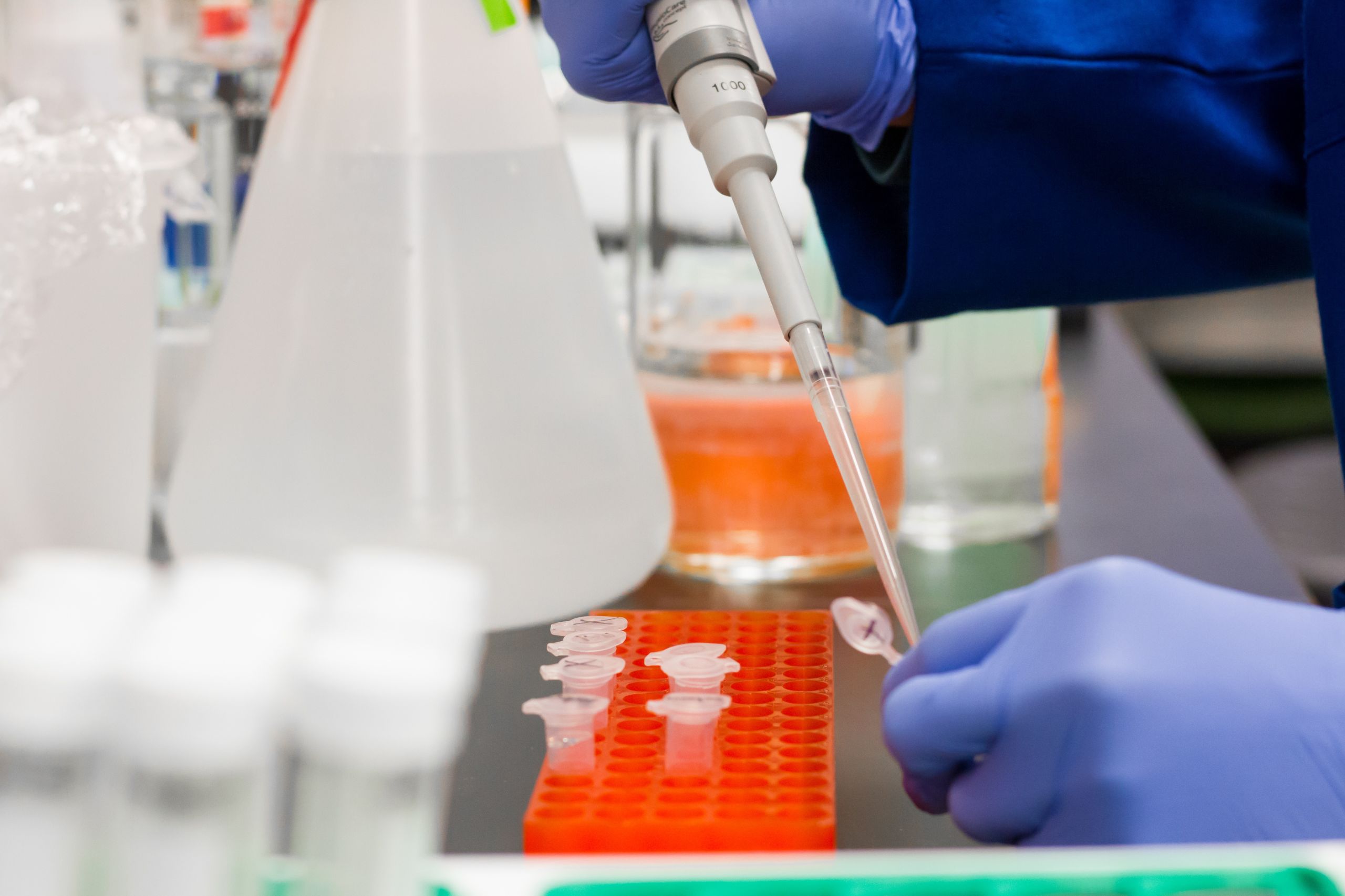
1. The Government should make clear how the structure of science advice will change as it looks towards long-term management of the pandemic. SAGE guidance needs to be updated to set out the role that it will play in the Government's long-term management of emergency scenarios.
The Government should clarify what roles will be played by new groups including the National Institute for Health Protection and the Joint Biosecurity Centre.
2. The Department of Health and Social Care should explain what has been done, and what will be done, to tackle issues relating to data gathering, access and sharing in the pandemic.
It should set out what role the Joint Biosecurity Centre will play in this and how it will be supported.
3. The Government must communicate more clearly how science influences policy making. It should explore how it can more clearly communicate that many different factors influence their decisions—not only science, but also economic, social, and other health factors.
We found there was an early lack of transparency about scientific advice. However, officials in the Government Office for Science, SAGE, and independent advisers have worked hard to establish a regular rhythm of publicly available information. We hope that this is taken forward as a key learning for future emergencies.
The coronavirus pandemic marks the most significant test of the use of science in Government decision-making in living memory. The scientific community—in academia, in the public sector and in industry—has risen to that challenge in extraordinary and, in many cases, unprecedented ways. We are deeply grateful for the tireless, expert and unstinting work of everyone who has sought to understand the threat of covid-19 from its earliest appearance, and who have brought their experience, ingenuity and judgement to bear on mitigating its impacts and seeking treatments and vaccines against it.
It’s important we note down and apply lessons throughout so that the Government may be better placed to respond to future crises. This has been the purpose of our inquiry—to capture those early lessons.
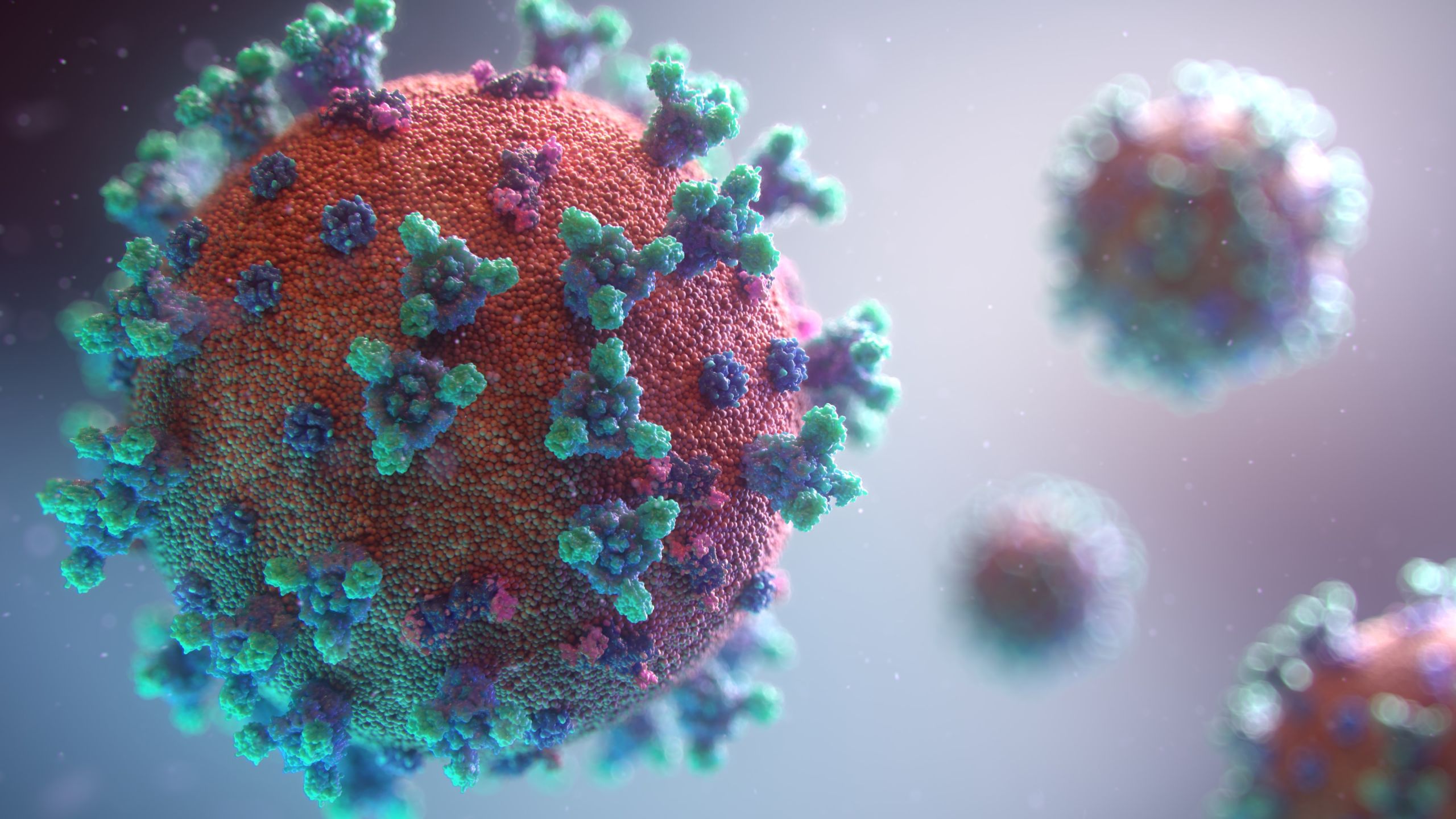
The Government must now respond to our report.
Our report, 'The UK response to covid-19: use of scientific advice', was published on 8 January 2021. The Government has two months to respond to our recommendations. Detailed information about our inquiry can be found on our website.
On 8 October 2020 we launched 'Coronavirus: lessons learnt', a joint inquiry with the Health and Social Care Committee. This joint inquiry will look further into areas including the test and trace system, the development of vaccines, and preparedness for this emergency. Follow that inquiry on our webpage or on Twitter.
The work of many Government departments makes use of—or has implications for—science, engineering, technology and research. The House of Commons Science and Technology Committee exists to ensure that Government policies and decision-making are based on solid scientific evidence and advice.
If you're interested in our work, you can find out more on the House of Commons Science and Technology Committee website. You can also follow us on Twitter.
Cover picture by Pippa Fowles/No 10 Downing Street

